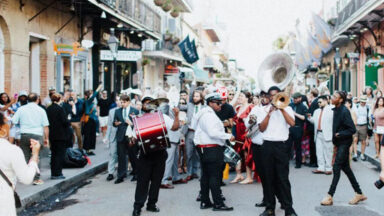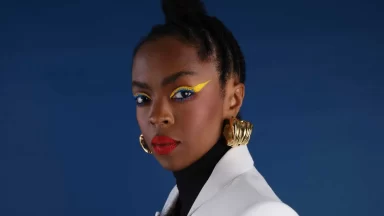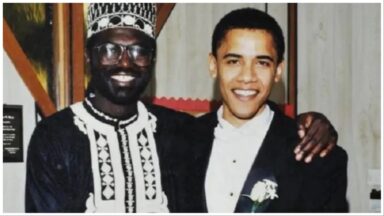It was still a few hours before New York City would fall under a historic curfew on Monday night, but Mayor Bill de Blasio could already see that it was not working.
Demonstrators had been amassing for several days to protest the police killing of George Floyd in Minneapolis. The 11 p.m. cutoff on Monday effectively pushed peaceful protesters off the streets, but it seemed to do little to deter those who looted large parts of Midtown Manhattan and a slice of the Bronx.
If anything, the curfew seemed to cause them to start earlier.
As a result, the mayor decided to move the start time of the curfew to 8 p.m., announcing his decision in an interview on NY1. By Tuesday morning, Mr. de Blasio said he would extend that 8 p.m. curfew, New York City’s first since World War II, through Sunday night.
The decision to institute the curfew was laden with political and strategic considerations, and once again opened a window into the fraught relationship between the mayor and his fellow Democrat, Gov. Andrew M. Cuomo.
Lawmakers Begin Bipartisan Push to Cut Off Police Access to Military-Style Gear
But it also revealed the willingness of state and city leaders to consider extraordinary measures — a solution of some kind to a level of pandemonium on city streets that longtime New York leaders said had no recent parallel.
“There’s nobody alive today in law enforcement — and I’ve been around since the late ’60s — nobody has seen anything like this in this country,” said William J. Bratton, Mr. de Blasio’s first police commissioner.
Richard Ravitch, 86, a former New York State lieutenant governor, said that although there were riots in the 1960s, “it was nowhere near what was happening in New York City now.”
Sid Davidoff, now one of the city’s top lobbyists, was a personal aide to Mayor John V. Lindsay the night the Rev. Dr. Martin Luther King Jr. was assassinated. Even that tragedy, he said, as well as the unrest it prompted, does not compare to what he is seeing today.


“It wasn’t as angry,” said Mr. Davidoff, who has also advised Mr. de Blasio. “It was mourning.”
It is not at all clear, however, if the earlier curfew will deter widespread crime or better empower the police to restore order to areas targeted by looters. Among the many doubters are Mr. Bratton, who described curfews as “symbolic,” and Donovan Richards, a Queens councilman who leads the City Council’s public safety committee. Mr. Richards worried that the curfew enforcement would fall most heavily on essential workers of color.
Source: Here’s What Led to N.Y.C.’s First Curfew in 75 Years



Recent Comments